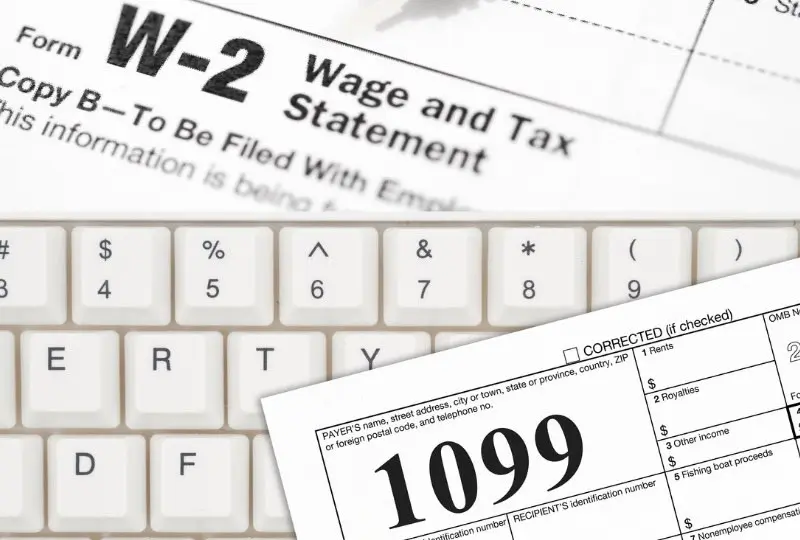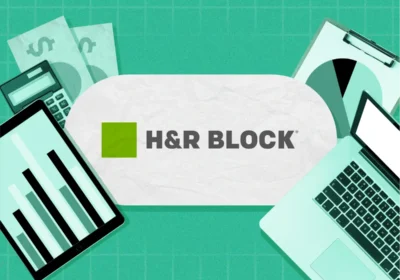1099 Taxes Explained: A Gig Worker’s Guide Using H&R Block Online

For gig workers, the 1099 form is a way of life. Whether you drive for Uber, deliver food, freelance online, or sell products through platforms, the IRS sees you as self-employed. That means your taxes look very different from someone with a traditional W-2 job. The good news is that with the right tools—like H&R Block Online—you can take control of your finances, avoid penalties, and even maximize your refund.
Unlike W-2 employees, gig workers don’t have taxes automatically withheld from each paycheck. Instead, you’re responsible for reporting all of your income and paying both income tax and self-employment tax. This can feel overwhelming, but H&R Block simplifies the process by walking you through each step and filling out the correct forms behind the scenes. It feels more like answering questions than navigating government paperwork.

Common 1099 Forms You’ll See as a Gig Worker
- 1099-NEC: For freelance or contract work, like graphic design or consulting.
- 1099-K: For payment processors like PayPal, DoorDash, or Uber, often used if you earn over $600.
- 1099-MISC: For other types of income not covered by the above.
H&R Block Online makes it easy to enter these forms, automatically categorizing them and ensuring nothing is missed.
Another major advantage of filing with H&R Block is how it helps you track and claim deductions. Gig workers have plenty of legitimate business expenses, and deducting them can significantly reduce taxable income. For example:
- Mileage and fuel costs for rideshare drivers.
- Cell phone bills if used for work.
- Supplies or equipment for freelancers and creators.
- A portion of home internet or utilities if you have a home office.
H&R Block not only prompts you to enter these expenses but also explains which ones are deductible and how they apply to your return. This prevents costly mistakes and ensures you don’t leave money on the table.
Many gig workers also need to make quarterly estimated tax payments. The IRS expects you to pay taxes throughout the year, not just in April. H&R Block helps calculate how much to pay each quarter and provides reminders to keep you compliant. That means fewer surprises at tax time and no penalties for underpayment.
Compared to other platforms, H&R Block is especially strong for 1099 filers. TurboTax handles gig income well but typically costs more, while budget competitors like FreeTaxUSA may not provide the same level of guidance on deductions or quarterly payments. H&R Block strikes the right balance: affordable, intuitive, and backed by the option of expert help or in-person support if needed.
At the end of the day, the 1099 form doesn’t have to be scary. With H&R Block Online, gig workers can confidently organize their income, maximize deductions, and file quickly. Instead of worrying about the IRS, you can focus on what matters most—growing your business and enjoying the freedom that gig work provides.









